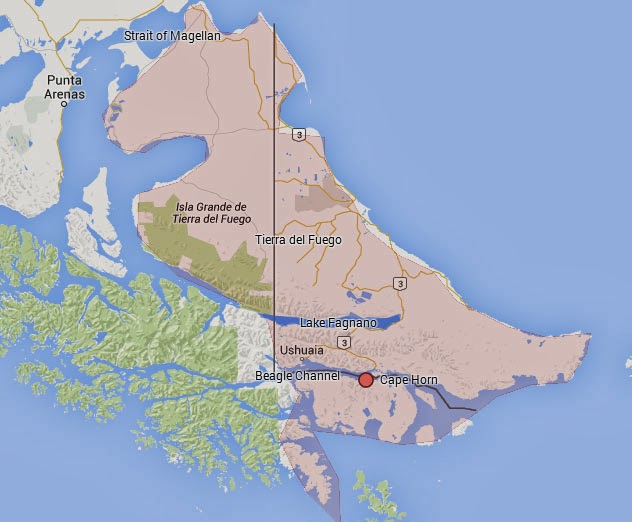First International Birding Challenge in Peru: The Results are In!
The results are in! The winner of the world’s first birding competition – The Birding Rally Challenge - was the LSU-Louisiana Tigrisomas Team from USA, with 493 birds observed. It was followed by UK's Forest Falcons (490 species), USA's eBirders Cornell (413 species) and Brazil's Ararajuba Team
The South Africans Zululanders in action looking for birds in the Tambopata Rainforest.
The species recorded by each team was not necessarily the same as individual teams went their separate ways in the same general area to try to record as many species as they could. The total number of species recorded by all teams was a staggering 650 in a period of 6 days worth of non-stop birding in the Amazon Rainforest of Southeastern Peru and the Subtropical Rainforest of the Machu Picchu area and surroundings.
 The LSU Trigrisomas reviewing their day's checklist.[/caption]
The LSU Trigrisomas reviewing their day's checklist.[/caption]
Twenty-four globally recognized birding experts representing the United States, South Africa, Brazil, the United Kingdom and Spain competed in this epic 6 days/5 nights competition, which ended on Wednesday. What an event it was, respected ornithologists and birders oversaw and judged the contests, which was spearheaded by Peruvian businessman, conservationist and avid bird and nature lover Jose Koechlin. Mr. Koechlin and the Inkaterra Foundation, a non-profit Ecotourism and Conservation institution provided key support for the implementation of this event.
 Event judges Barry Walker, Irma Franke, and Mr. Venero at Machu Picchu Pueblo Hotel.
Event judges Barry Walker, Irma Franke, and Mr. Venero at Machu Picchu Pueblo Hotel.
One interesting fact is that during the competition one of the teams recorded a species of swift not previously known to occur in Peru. A Black Swift (Cypseloides niger) was confirmed by birders with ample experience with this species in their home country where this species is commonly seen. This record adds to the more than 1,800 species currently known to occur in Peru.
 Final Results, the LSU Tigrisomas win the first International Birding Challenge in Peru.
Final Results, the LSU Tigrisomas win the first International Birding Challenge in Peru.
According to Deputy Minister of Tourism Claudia Cornejo, the event aimed to highlight international awareness of Peru as one of the world’s leading birding and tourist destinations.
The South Africans Zululanders in action looking for birds in the Tambopata Rainforest.
The species recorded by each team was not necessarily the same as individual teams went their separate ways in the same general area to try to record as many species as they could. The total number of species recorded by all teams was a staggering 650 in a period of 6 days worth of non-stop birding in the Amazon Rainforest of Southeastern Peru and the Subtropical Rainforest of the Machu Picchu area and surroundings.
Twenty-four globally recognized birding experts representing the United States, South Africa, Brazil, the United Kingdom and Spain competed in this epic 6 days/5 nights competition, which ended on Wednesday. What an event it was, respected ornithologists and birders oversaw and judged the contests, which was spearheaded by Peruvian businessman, conservationist and avid bird and nature lover Jose Koechlin. Mr. Koechlin and the Inkaterra Foundation, a non-profit Ecotourism and Conservation institution provided key support for the implementation of this event.
One interesting fact is that during the competition one of the teams recorded a species of swift not previously known to occur in Peru. A Black Swift (Cypseloides niger) was confirmed by birders with ample experience with this species in their home country where this species is commonly seen. This record adds to the more than 1,800 species currently known to occur in Peru.
According to Deputy Minister of Tourism Claudia Cornejo, the event aimed to highlight international awareness of Peru as one of the world’s leading birding and tourist destinations.



Comments
Post a Comment